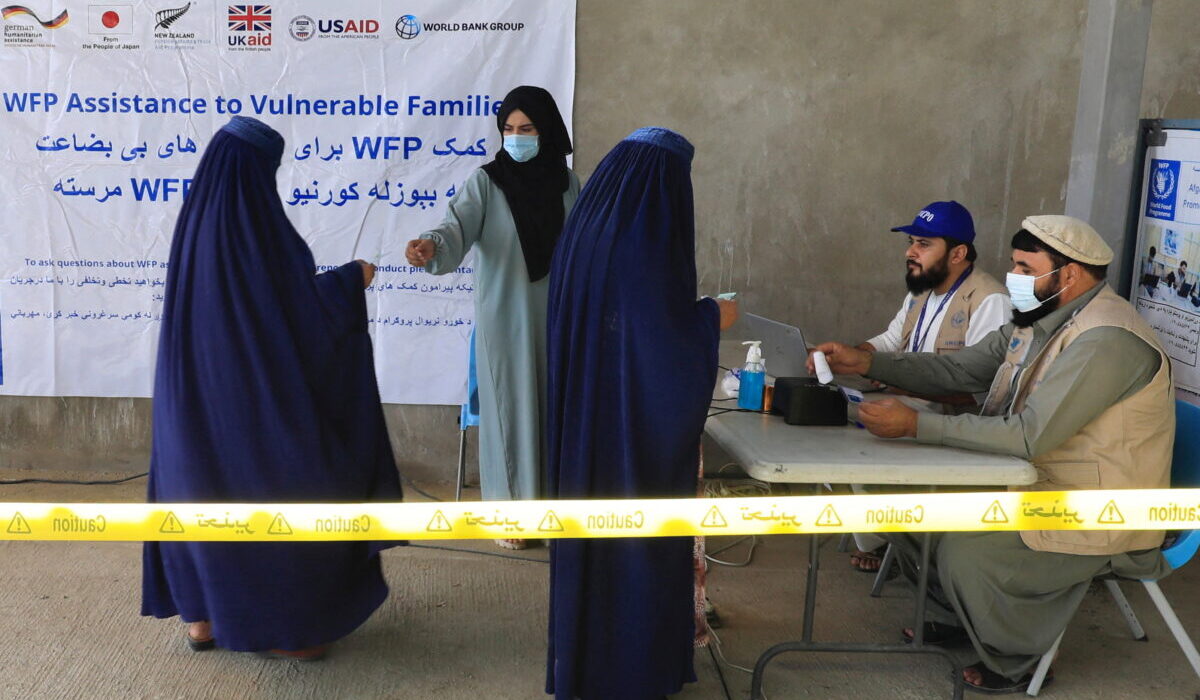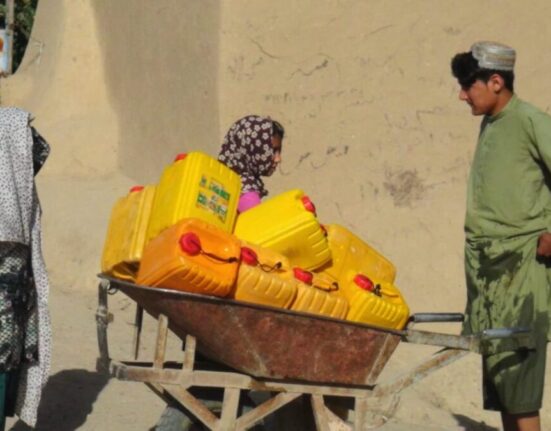WASHINGTON — The Trump administration is moving to cut nearly all remaining U.S. humanitarian aid to Afghanistan and Yemen, a move the United Nations World Food Programme has warned could be catastrophic for millions facing severe hunger, according to a report by Reuters.
Citing Sarah Charles, former head of humanitarian assistance at the U.S. Agency for International Development (USAID), and nine other sources — including six current U.S. officials — Reuters reported that the funding cuts are part of a broader rollback of American foreign aid impacting over a dozen countries.
According to data from the grassroots advocacy group Stand Up For Aid, the total value of terminated assistance exceeds $1.3 billion. That includes $562 million for Afghanistan, $107 million for Yemen, $170 million for Somalia, $237 million for Syria, and $12 million for Gaza.
Cindy McCain, executive director of the World Food Programme (WFP), said the cuts to emergency food assistance could be tantamount to “a death sentence” for those already on the brink of starvation. In a post on X, she warned that reduced funding would “deepen hunger, fuel instability, and make the world far less safe.” She added that WFP was in contact with the Trump administration for clarification.
The State Department declined to comment and referred Reuters to the White House, which did not immediately respond. Stéphane Dujarric, spokesperson for the U.N. Secretary-General, said the U.N. was working to gather details about the terminated contracts.
The reductions mark the latest step in President Trump’s effort to dismantle USAID, the primary U.S. agency for humanitarian assistance. Since beginning his second term in January, the Trump administration has canceled billions of dollars in life-saving programs.
Many of the affected aid initiatives had previously been granted waivers by Secretary of State Marco Rubio, allowing them to bypass cuts introduced by the Department of Government Efficiency (DOGE), a White House initiative overseen by billionaire Elon Musk, according to three sources familiar with the process.
The United States has long been the largest donor to Afghanistan, including under Taliban rule. Officials told Reuters that the newly canceled funds include assistance to a U.N. agency supporting women and girls, the WFP, and at least six nongovernmental organizations operating in the country.
The decision to terminate these programs has drawn widespread criticism from humanitarian organizations and prompted concerns over the worsening global food crisis, particularly in regions already facing conflict, displacement, and economic collapse.





